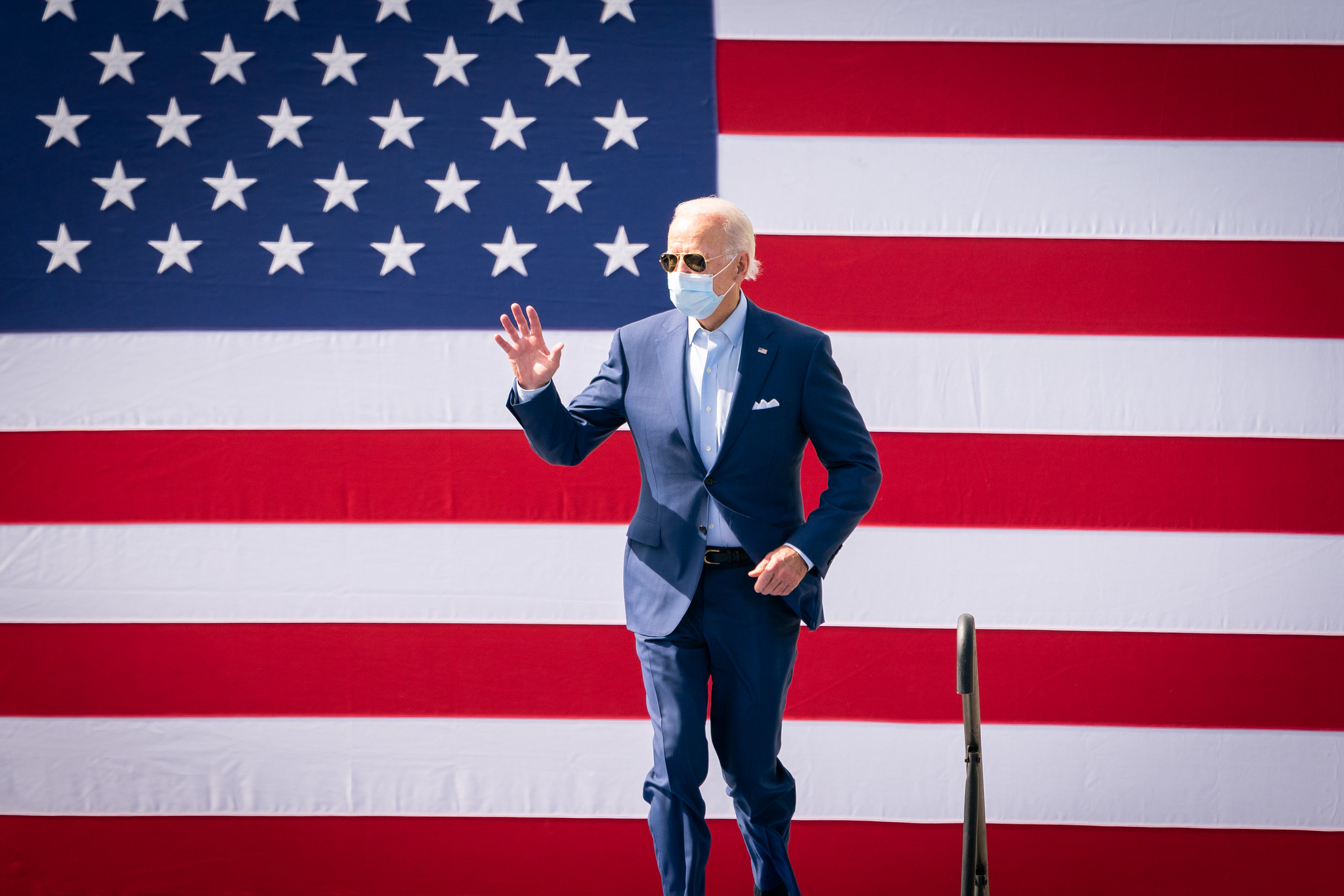On January 20, Joseph R. Biden Jr. is scheduled to be inaugurated as the 46th president of the United States. He defeated incumbent president Donald Trump last year in a hotly-contested presidential election, marred by unsubstantiated claims of voter fraud and attempts to overturn the election results.
In an era marked by the widening of political divisions between Americans, the Trump presidency sees its last days being tainted by a historic second impeachment due to his incitement of a mob that violently stormed the U.S. Capitol on January 6.
Due to the Capitol Police’s failure to contain rioters, security measures in the nation’s capital have been ramped up in preparation for Joe Biden’s inauguration. Stephen Newman, an associate professor of political science at York, states that the level of security in Washington on the day of the inauguration will be unprecedented in anticipation of another attack by Trump’s supporters.
“Biden’s inauguration will differ from past inaugurations most strikingly in that it will be closed to the public and take place in the presence of up to 20,000 National Guard troops,” he says.
Upon assuming office, Biden is faced with the challenge of having to push an ambitious $1.9-trillion COVID-19 plan through both houses of Congress — which the Democrats control with very slim majorities — as well as preside over the impeachment trial of Donald Trump. Both matters may require Republican support, and may prove to be a test for whether Biden’s promise to bring the country together will hold true.
Although Trump may be leaving office on January 20, his influence may linger within the ranks of the Republican Party for years to come. Newman has noted the rise of “Trumpism” among GOP lawmakers and the Republican voter base. “It is conceivable and even likely that cynical, opportunistic politicians will compete to claim the loyalty of Trump’s base by perpetuating Trump’s aggressive rhetoric and divisive political tactics,” Newman says.
Relations between Canada and the U.S. have soured over the past four years under President Trump.
Rob Oliphant, member of parliament (MP) for Don Valley West and parliamentary secretary to the Ministry of Foreign Affairs, has characterized working with the Trump administration for the last four years as an “unprecedented period of turmoil” due to Trump’s unpredictable behaviour, including “irresponsible and unreasonable claims” regarding trade between the two countries.
However, he is more hopeful for relations under the Biden administration, echoing Prime Minister Trudeau’s recent comments for the U.S. to “re-engage in global circles” under the former vice-president.
“We hope that with the Biden administration there will be a little bit more predictability and a softer tone, and are hopeful that the U.S. will return to its leadership position on the international stage because we need it to defend Canadian interests. Overall, we hope that the next four years will be calmer.”
“There will always be challenges in defending Canadian interests and rights,” Oliphant emphasized.
In regards to the country’s relationship with the U.S., however, Newman adds that Biden is “likely to be more protective of American jobs and American industry than Canadians are accustomed to”, though he concludes that it won’t cause Canada any significant problems in the end.
The rise of right-wing populism in the U.S. has raised concerns that the same views may be present among Canadians, with Trump’s rhetoric being adopted by a number of Conservative lawmakers. However, Oliphant believes that such views will not gain traction among Canadians, especially after the storming of the Capitol. “I don’t think Canadians will go down that path. In the end, we stand up for what is good, just, and right, and I think Canadians will see that,” he asserted.


